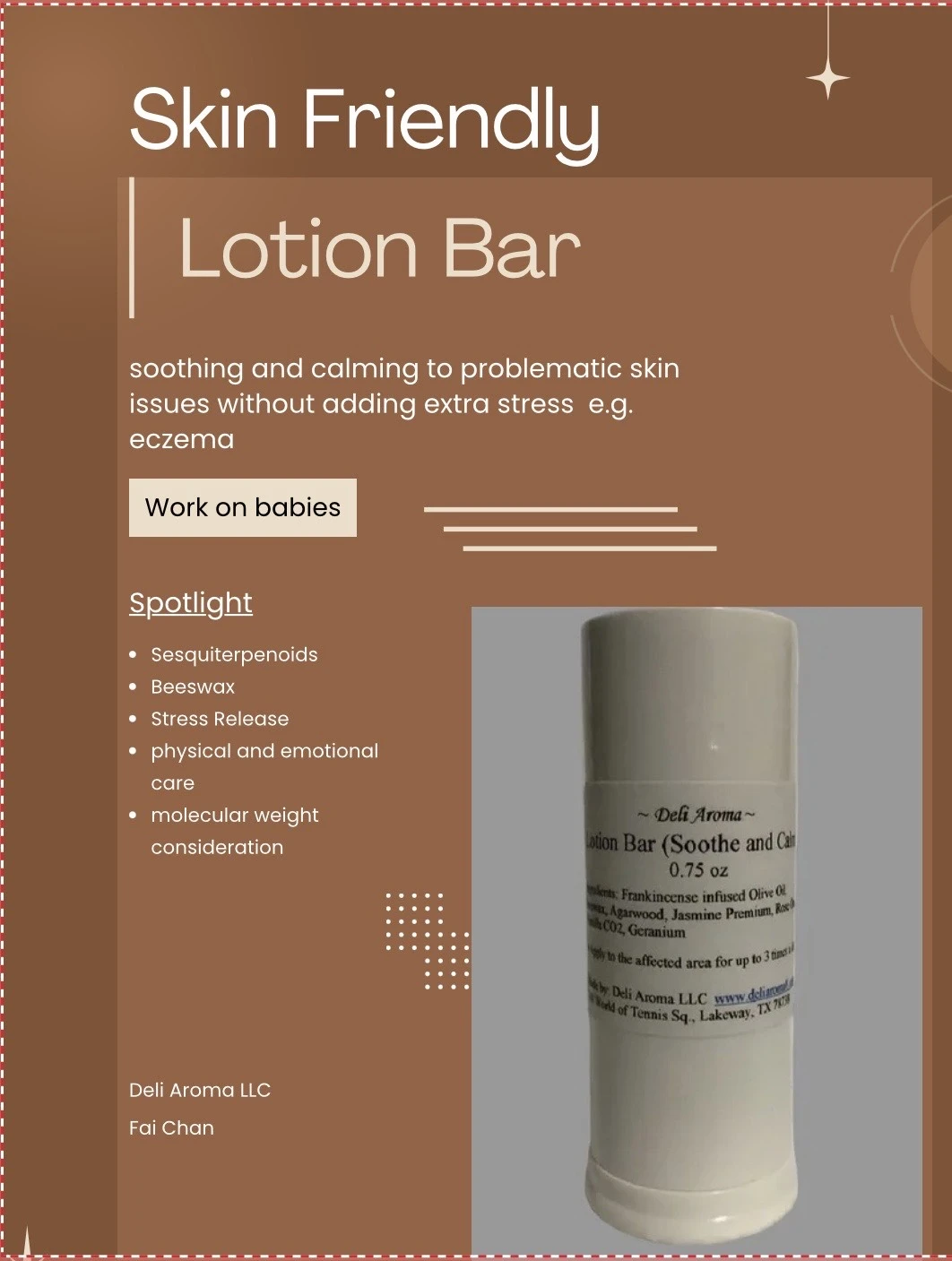Indexed In
- Open J Gate
- Genamics JournalSeek
- ResearchBible
- RefSeek
- Directory of Research Journal Indexing (DRJI)
- Hamdard University
- EBSCO A-Z
- OCLC- WorldCat
- Scholarsteer
- Publons
- MIAR
- Euro Pub
- Google Scholar
Useful Links
Share This Page
Journal Flyer

Open Access Journals
- Agri and Aquaculture
- Biochemistry
- Bioinformatics & Systems Biology
- Business & Management
- Chemistry
- Clinical Sciences
- Engineering
- Food & Nutrition
- General Science
- Genetics & Molecular Biology
- Immunology & Microbiology
- Medical Sciences
- Neuroscience & Psychology
- Nursing & Health Care
- Pharmaceutical Sciences
Impact of heat shock proteins in hepatocellular carcinoma
International Conference on Biochemistry, Proteomics & Bioinformatics
May 16-17, 2018 Singapore
Mihir Y Parmar
Parul University, India
Scientific Tracks Abstracts: Biochem Anal Biochem
Abstract:
Heat shock proteins are highly conserved proteins, expressed at low levels under normal conditions. Heat shock proteins significantly induced in response to cellular stresses and lead to heat shock response, which could help cancer cells to adapt to stress conditions. As molecular chaperones, heat shock proteins play critical roles in protein homeostasis, apoptosis, invasion and cellular signaling transduction. A heat shock protein over expression is widely reported in many human cancers due to constant stress condition in tumor microenvironment. Heat shock proteins often associated with poor prognosis in many types of human cancers. Up regulation of heat shock proteins may serve as diagnostic and prognostic markers in hepatocellular carcinoma. Targeting heat shock proteins with specific inhibitor alone or in combination with chemotherapy regimens holds promise for the improvement of outcomes for hepatocellular carcinoma patients. In addition, our study suggests progression and challenges in targeting these heat shock proteins as novel therapeutic strategies in hepatocellular carcinoma.
Biography :
Mihir Y Parmar is a Certified Associate Professor of Pharmacology with over 10 years of pharmaceutical experience in research and academy. His research interests include evaluation of drug induced liver injury, Diabetes Mellitus, nephrotoxicity, complementary and alternative medicines and many more. He has over 30 international publications in reputed journal. He is presently the Reviewer for Human and Experimental Toxicology Journal and Research Journal of Food Science and Nutrition.
Email:mihir.parmar19105@paruluniversity.ac.in


